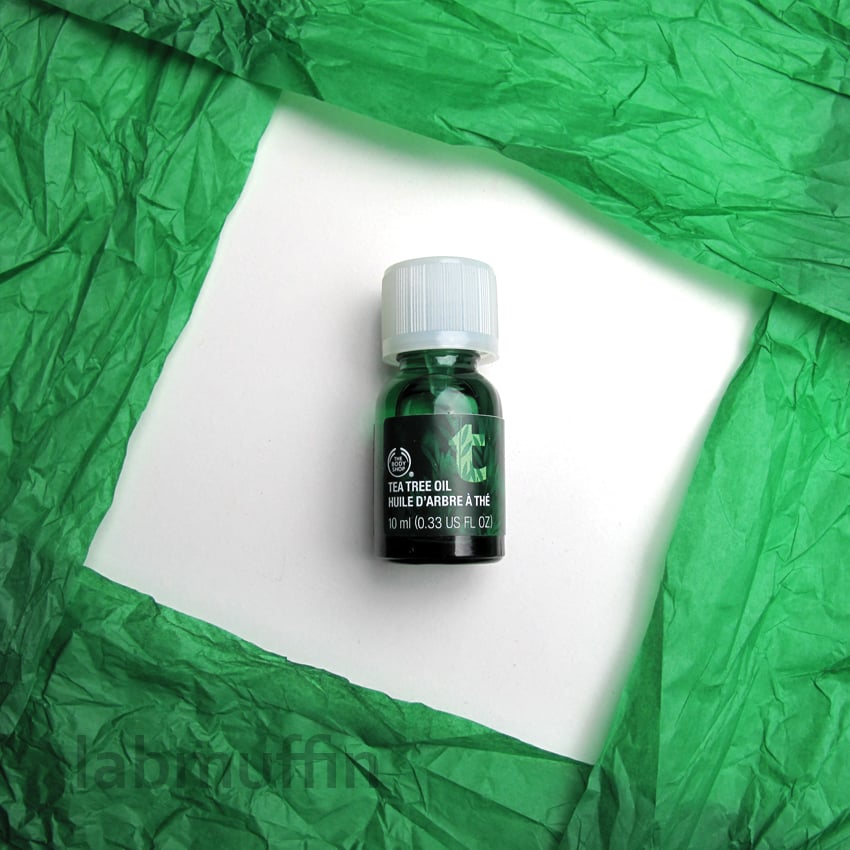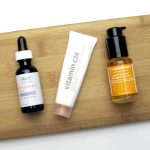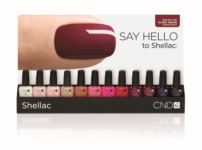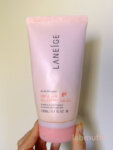Tea tree oil is probably something you’ve seen at the beauty counter dozens of times, in skincare creams and ointments. But what is it used for?
What’s tea tree oil?
Tea tree oil comes from the leaves of the Melaleuca alternifolia shrub (common name tea tree, surprise surprise!). This tree is native to Eastern Australia. The oil is colourless to light yellow, and smells strongly pine-like. If eaten, it’s poisonous to both humans and animals.
In skincare, tea tree oil is useful because it’s antibacterial – pimples contain the bacteria Propionibacterium acnes (commonly abbreviated as P. acnes), and killing these reduce acne (many other acne treatments, like benzoyl peroxide and the antibiotics clindamycin and erythromycin, also directly kill acne bacteria). It also kills fungi, which means it’s handy for nail and foot infections too.
How do I use it?
If undiluted, tea tree oil can be irritating, so diluting it in another oil like mineral oil or sunflower oil is the best way to use it. A study found that 5% tea tree oil works as well as 5% benzoyl peroxide – it acts more slowly, but it’s less irritating, so 5% is a good starting point if you’re not sure.
5% tea tree oil means if you want a total of X mL tea tree oil mixture, to get the mL of:
Tea tree oil: multiply the total X by 0.05
Diluting oil: multiply the total X by 0.95
Then mix the two together in a clean bottle to get your mixture!
For example, if you want 20 mL total, you need:
0.05 x 20 = 1 mL tea tree oil
0.95 x 20 = 19 mL diluting oil
Alternatively, you can wing it and dilute it as you use it, such as by putting a few drops of tea tree oil onto a cotton ball, then adding a healthy splash of another oil before dabbing it on.
Where can I buy it?
You can buy tea tree oil from lots of places, like essential oil suppliers (such as New Directions), health food stores, pharmacies, online (Amazon stocks Thursday Plantation) or iHerb. If you don’t want to end up with a massive bottle of tea tree oil sitting around that you don’t get around to using, or if you don’t like using skincare oils, you can also buy diluted tea tree oil and tea tree oils such as The Body Shop’s Tea Tree Oil (15% tea tree oil), which I’ve been using recently. I’ve found it very good for calming down swollen and inflamed pimples, and much less drying than benzoyl peroxide.
References
MedlinePlus Supplements: Tea Tree Oil
J Linder, Role of Oils in the Topical Treatment of Acne. Cosmetic Dermatology 2008, 21, 211.
IB Bassett, DL Pannowitz, RS Barnetson, A comparative study of tea-tree oil versus benzoylperoxide in the treatment of acne. Med J Aust 1990, 153, 455.
Some of these products were provided for editorial consideration, which did not affect my opinion. This post contains affiliate links – if you decide to click through and support Lab Muffin financially, thank you. For more information, see Disclosure Policy.







I always have a bottle of tea tree oil handy for pesky spots; there’s nothing better!
Georgia xxx
I always have a bottle at my disposal! Atm I am using a blend of hemp seed oil, tea tree oil and lavender as my facial moisturiser. It has helped with the breakouts hugely, and I find that they rarely get inflamed now, but just stay as extractable blackheads.
Thank you for this!
I always include some tea tree oil in the cuticle oil I make up, just in case there is a chance of an inflamed cuticle. I rarely do have any problem with my cuticles but I figure what the heck. I just use a few drops of it in the mixture – the scent is very overpowering and I don’t like scent very much other than the perfume I use. 🙂
I enjoy your articles – puts a different spin on the various products and such that we use in the course of having fabulously polished nails!
Wow, I didn’t know tea tree oil can be used for so many things! I know it works great for acne because I dabbed it on my humungo pimple last night and it shrunk a bit right now!
Fantastic! I love when things work how they’re meant to 🙂